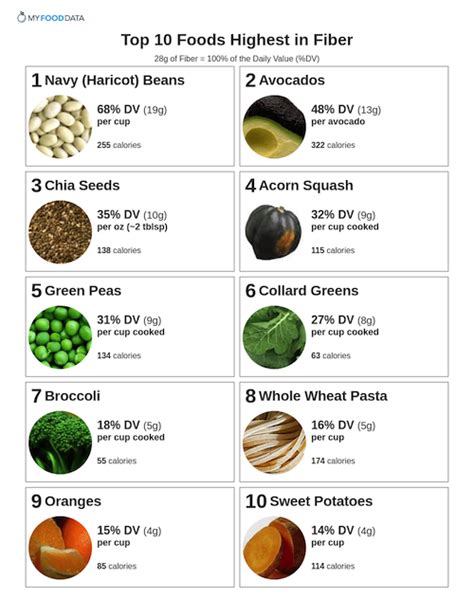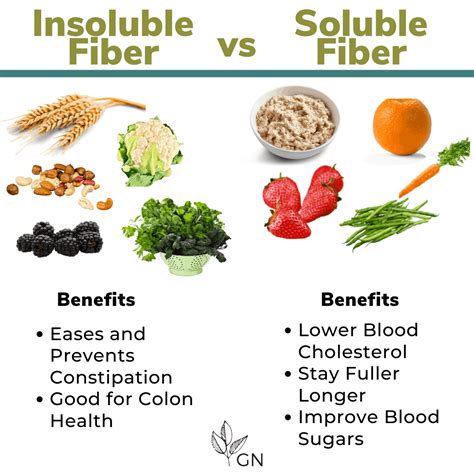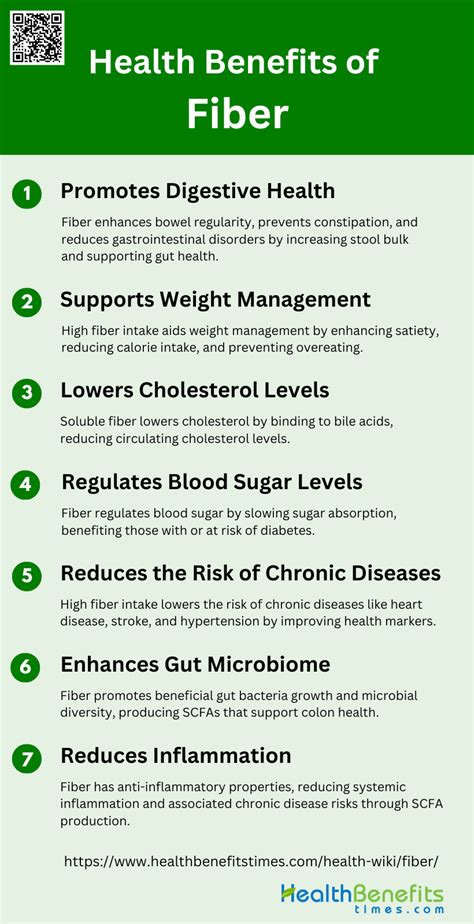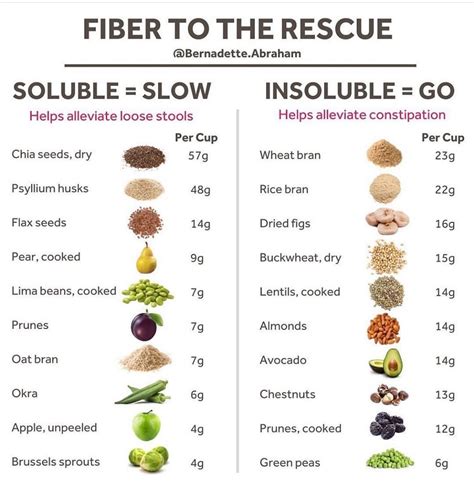How much daily fiber for gut health?

Understanding Fiber’s Role in a Healthy Gut
Dietary fiber, often celebrated for its role in digestive health, is a crucial component of a balanced diet, yet many individuals fall short of recommended daily intake. Far beyond simply keeping you “regular,” fiber plays a pivotal role in nurturing a robust gut microbiome, which in turn influences everything from immunity to mood. But how much fiber is truly necessary to reap these extensive gut-boosting benefits?

What is Dietary Fiber?
Fiber is a type of carbohydrate that the body cannot digest. Unlike other carbohydrates that are broken down into sugar molecules, fiber passes through the digestive system relatively intact. It comes in two main forms, each with distinct benefits:
- Soluble Fiber: Dissolves in water to form a gel-like substance. It helps lower blood cholesterol and glucose levels. Found in oats, peas, beans, apples, citrus fruits, carrots, and barley.
- Insoluble Fiber: Does not dissolve in water. It adds bulk to stool and helps food pass more quickly through the stomach and intestines. Found in whole-wheat flour, wheat bran, nuts, beans, and vegetables like cauliflower, green beans, and potatoes.
Both types are essential for a healthy digestive system, working synergistically to support gut function.

Recommended Daily Fiber Intake
The general recommendation for daily fiber intake varies slightly by age and gender. The Academy of Nutrition and Dietetics suggests:
- Adult Women: Approximately 25 grams per day.
- Adult Men: Approximately 38 grams per day.
- Children: Varies by age, generally aiming for age plus 5 grams per day (e.g., a 10-year-old would aim for 15 grams).
However, many people in Western countries consume significantly less, often around 15 grams per day. Bridging this gap is crucial for optimal gut health and overall well-being.
The Profound Benefits of Sufficient Fiber
Meeting your daily fiber quota offers a cascade of health advantages:
- Feeds the Gut Microbiome: Fiber acts as a prebiotic, nourishing the beneficial bacteria in your gut. These bacteria ferment fiber, producing short-chain fatty acids (SCFAs) like butyrate, which are vital for colon cell health and may reduce inflammation and disease risk.
- Promotes Regularity: Insoluble fiber adds bulk to stool, facilitating smooth bowel movements and preventing constipation. Soluble fiber helps maintain a healthy stool consistency.
- Stabilizes Blood Sugar: Soluble fiber slows the absorption of sugar, which can help improve blood sugar levels and is particularly beneficial for individuals with diabetes or those at risk.
- Lowers Cholesterol: Soluble fiber can bind to cholesterol particles in the digestive system and prevent their absorption, contributing to lower LDL (“bad”) cholesterol levels.
- Supports Weight Management: High-fiber foods tend to be more filling, helping you feel satiated for longer and potentially reducing overall calorie intake.
- Reduces Risk of Chronic Diseases: Adequate fiber intake is linked to a lower risk of heart disease, type 2 diabetes, diverticular disease, and certain cancers, including colorectal cancer.

Excellent Sources of Dietary Fiber
Incorporating a variety of fiber-rich foods into your diet is the best approach. Some top sources include:
- Whole Grains: Oats, barley, quinoa, brown rice, whole-wheat bread and pasta.
- Legumes: Lentils, black beans, chickpeas, kidney beans, split peas.
- Fruits: Berries, apples (with skin), pears (with skin), bananas, oranges.
- Vegetables: Broccoli, carrots, spinach, artichokes, Brussels sprouts, sweet potatoes.
- Nuts and Seeds: Almonds, chia seeds, flax seeds, sunflower seeds.

Tips for Gradually Increasing Fiber Intake
If you’re currently consuming low amounts of fiber, it’s crucial to increase your intake gradually to avoid digestive discomfort like bloating, gas, and cramping.
- Start Small: Add just one high-fiber food per day initially.
- Hydrate: Drink plenty of water as you increase fiber. Fiber absorbs water, and without adequate fluid, it can exacerbate constipation.
- Choose Whole Foods: Opt for whole fruits over juice, and whole grains over refined grains.
- Sneak It In: Add chia seeds to smoothies, oats to yogurt, or legumes to soups and salads.
- Read Labels: Check food labels for fiber content and choose options with higher amounts.

Conclusion
Achieving the recommended daily fiber intake is a cornerstone of maintaining optimal gut health, which radiates outwards to impact your overall physical and mental well-being. By focusing on a diverse diet rich in whole grains, fruits, vegetables, legumes, nuts, and seeds, you can nourish your gut microbiome, improve digestion, and significantly reduce your risk of numerous chronic diseases. Remember to increase your fiber intake slowly and ensure you drink enough water to allow your digestive system to adapt comfortably.








